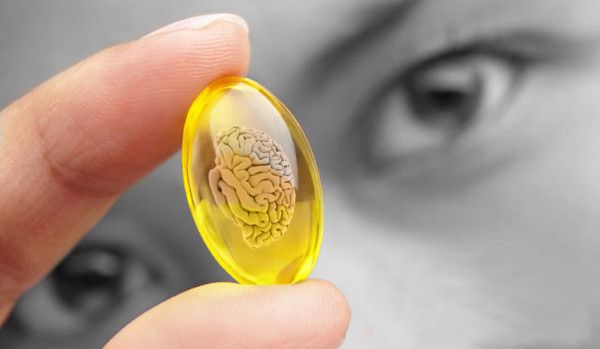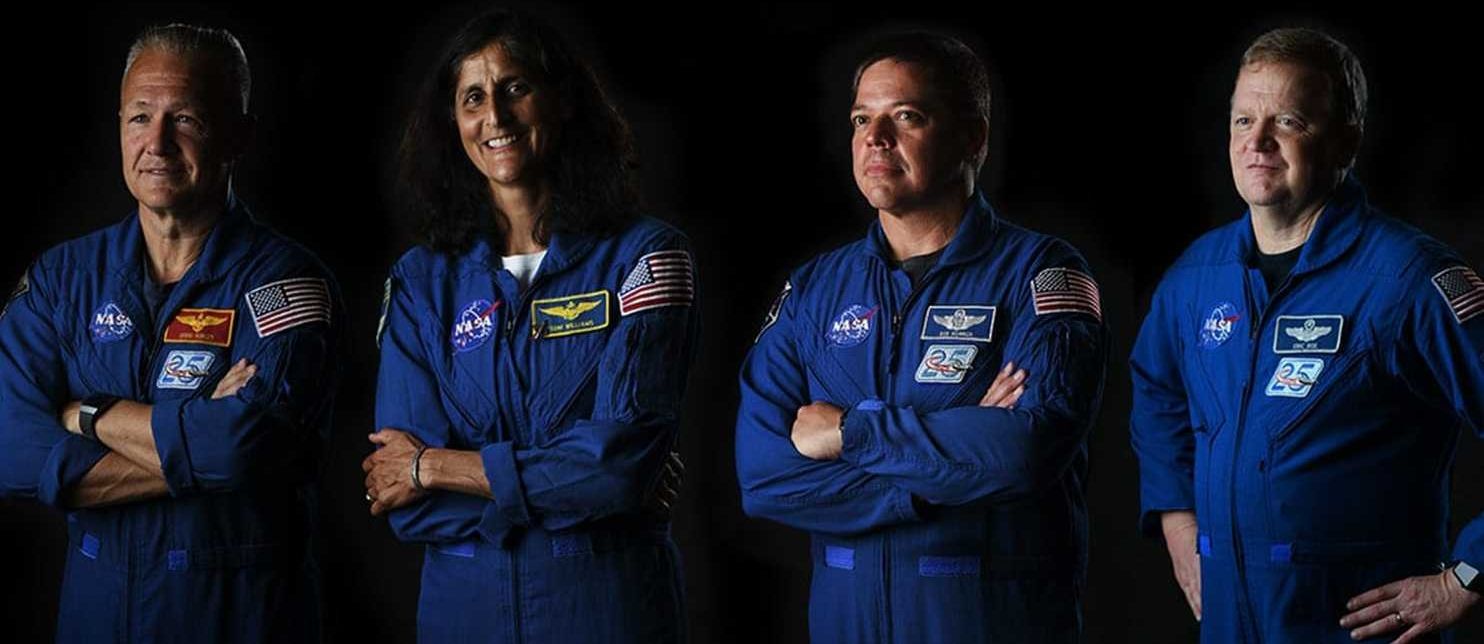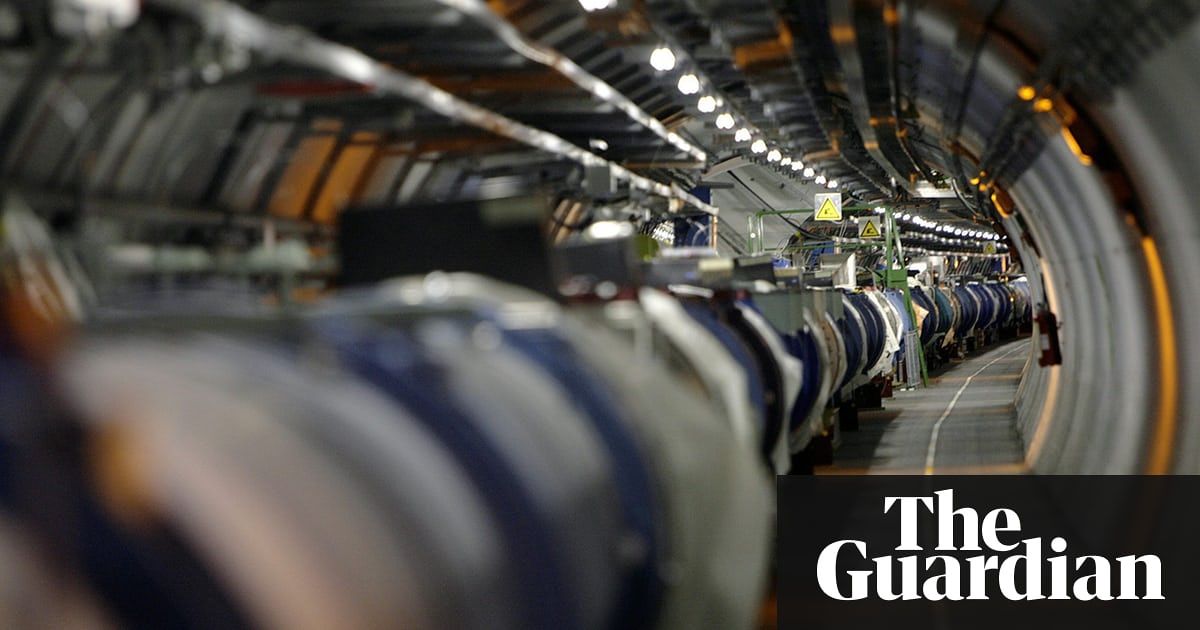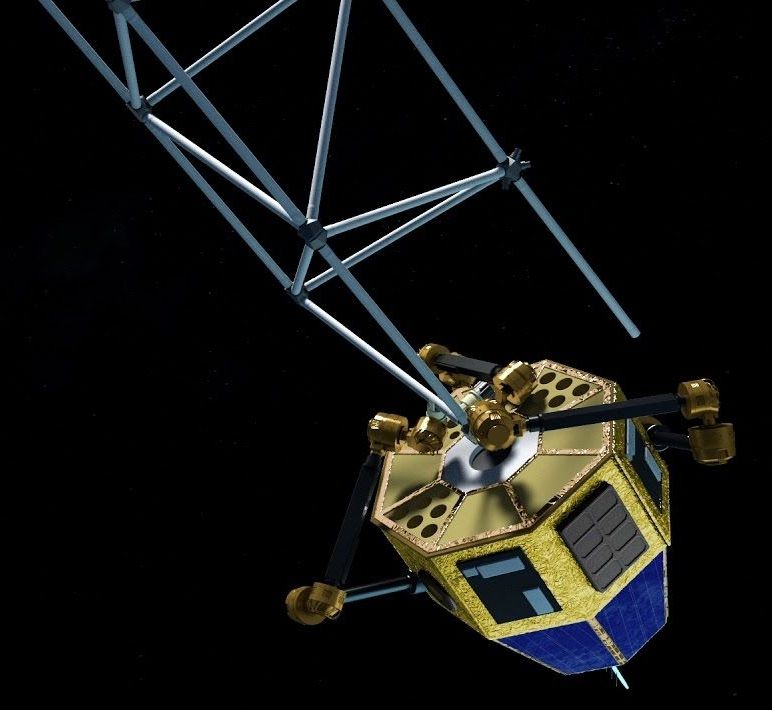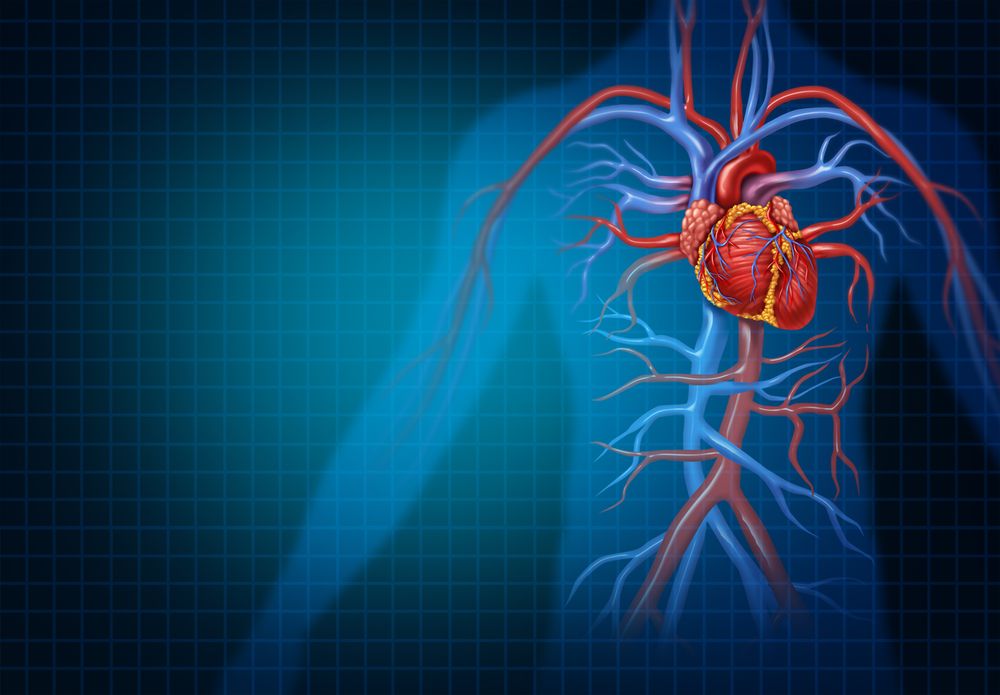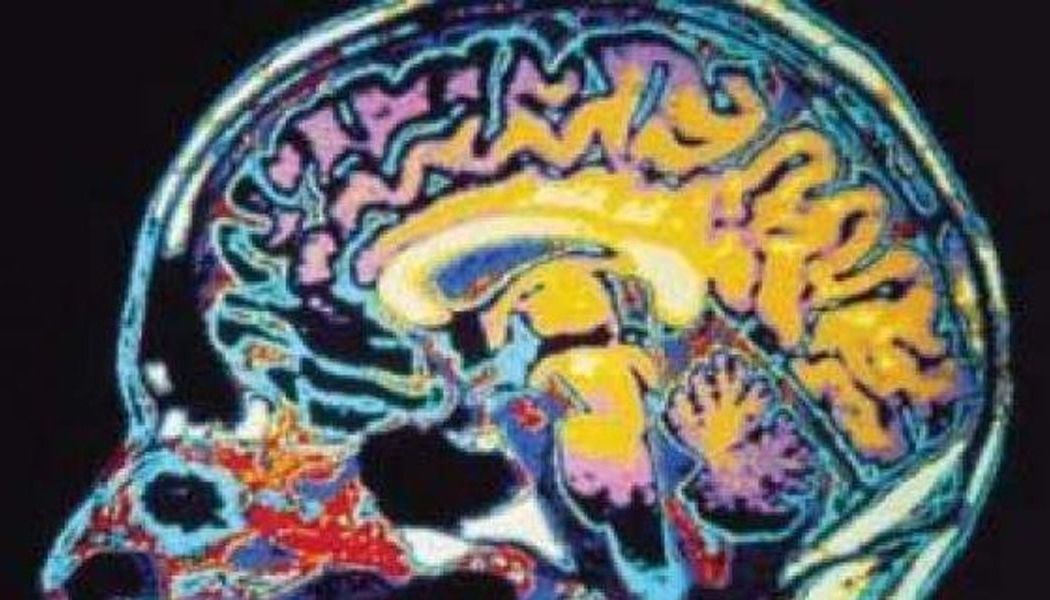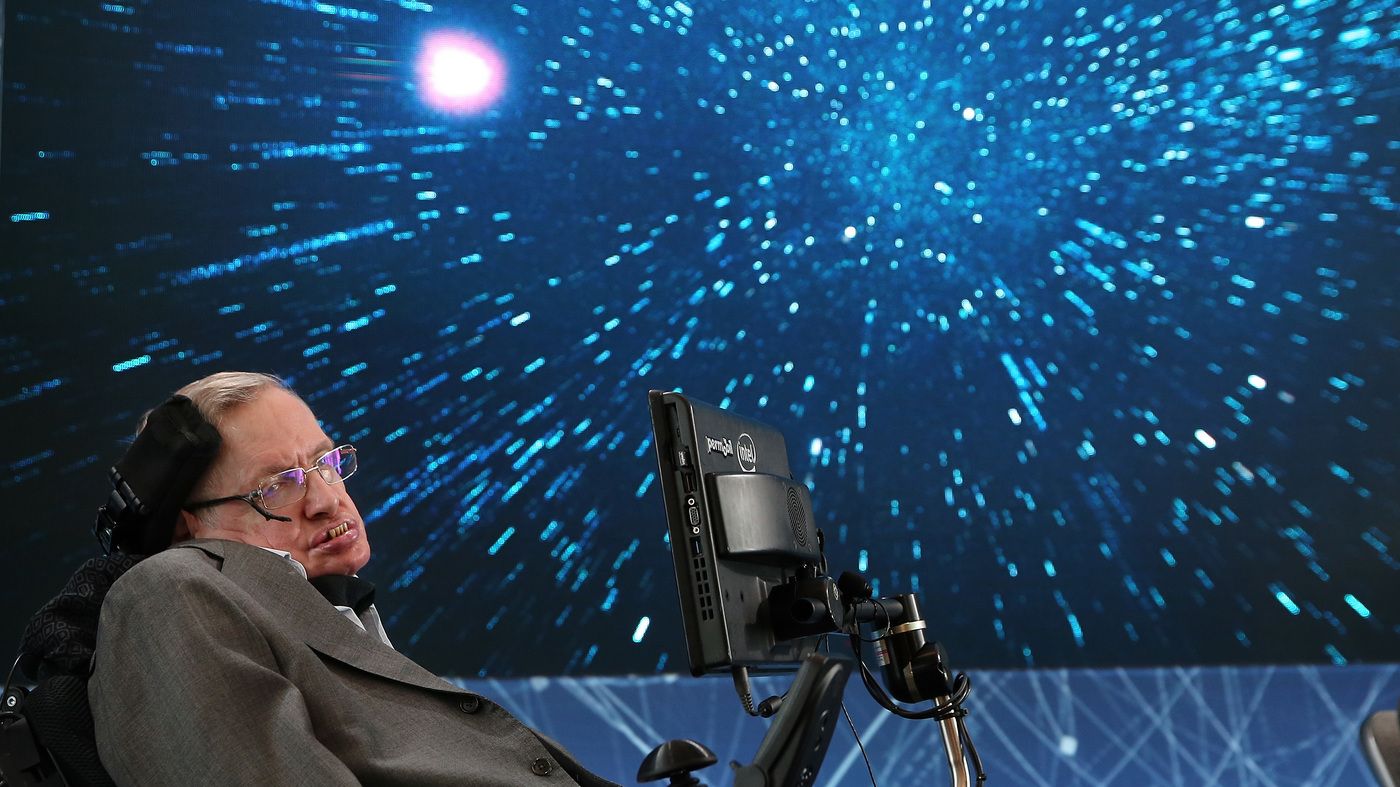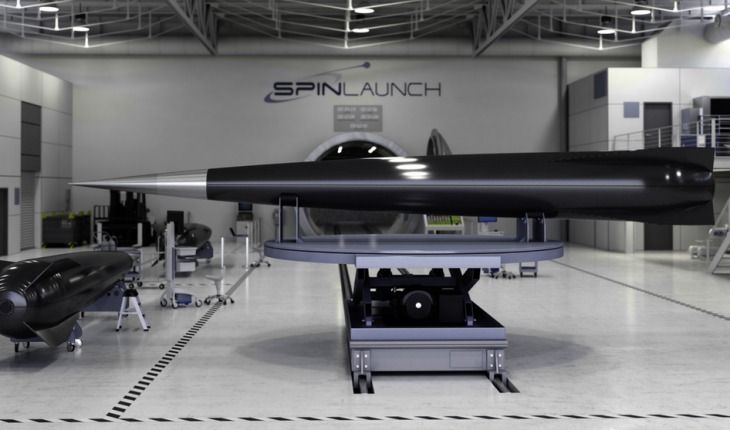Jun 15, 2018
When Healthcare ignores Mental Health: 200 common prescription medications increase depression risk
Posted by Alvaro Fernandez in categories: biotech/medical, health, neuroscience
Why is no one talking about this? — “More than one-third of U.S. adults are taking prescription medications that may lead to depression, new research finds. The study, published in the Journal of the American Medical Association, warns that depression is a potential side effect of more than 200 commonly prescribed medications, including beta blockers for blood pressure, birth control pills, antacids, and painkillers.”
___ Many Americans taking common meds that may cause depression, study finds (CBS News): “More than one-third of U.S. adults are taking prescription medications that may lead to depression, new research finds. The study, published in the Journal of the American Medical Association, warns that depression is a potential.
